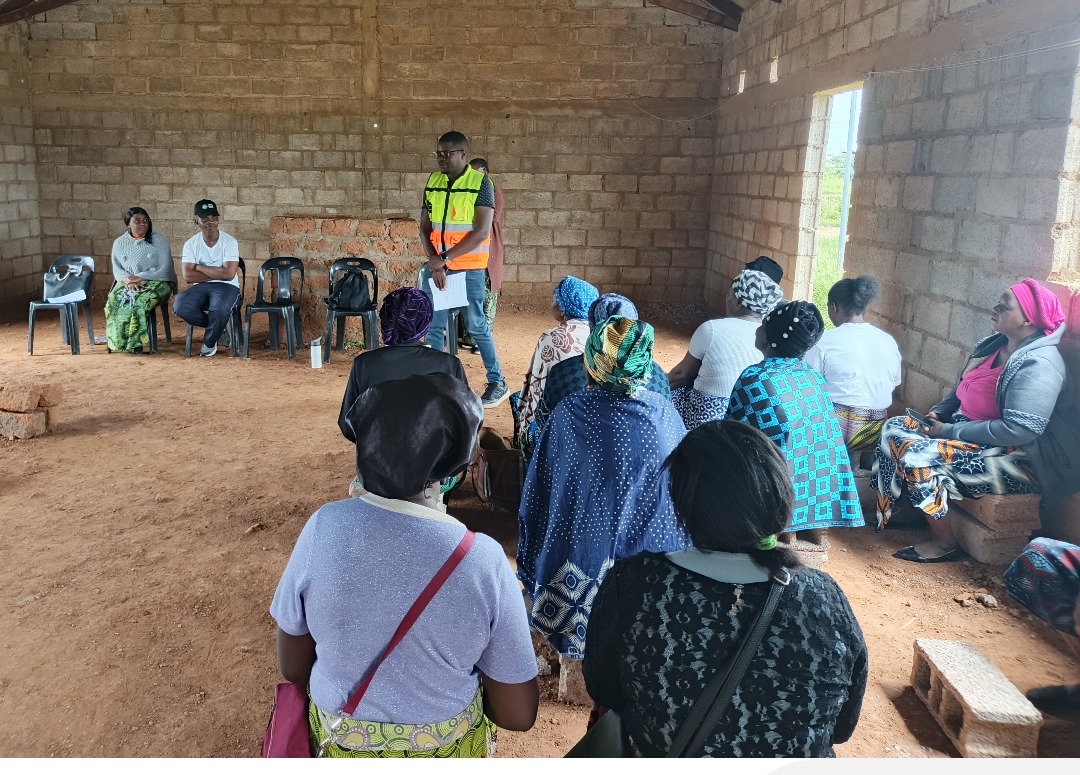
By Stella Nyangulu
ZAMBIA Agricultural Research Institute (ZARI), the Pan-African Bean Research Alliance and International Centre of Insect Physiology and Ecology (ICIPE), have developed and implemented the building gender equitable resilience for adaptation to climate change across the Bean, Insect and Fruit Value Chain for nutrition security in sub-Saharan Africa (BRAINS) project.
The project which is being supported by Global Affairs Canada is aimed at enhancing climate resilience among smallholder farmers in bean, insect and fruit value chain.
Speaking in an interview, ZARI Principal Agricultural Officer and Project Coordinator for PAN-Africa Bean Research Alliance, Mr Mwiinga Mulube says there is an increase in pests and diseases because of changes in climate thus the BRAINS project.
Mr Mulube said that smallholder farmers face several challenges in pest and disease management which cause tremendous damage to their fields.
“We work with smallholder farmers who are resource constrained, even if we say the use of pesticides is the best to control diseases and pests, smallholder farmers do not have the capacity to buy chemicals,” he said.
Mr Mulube, however, advised farmers to avoid the use of pesticides because of some significant concerns they pose to the environment.
“The main environmental concerns related to pesticides are soil, water or air pollution and damage to non-target organisms including plants, birds, wildlife and crop,” Mr Mulube said.
He said because of these concerns, ZARI is developing several resilient seed varieties which are Eco-friendly and often better adapt to local conditions and promote biodiversity way of managing diseases.
“ZARI has come up with seed varieties which can tolerate dry spells and we have also come up with agronomic practices like mulching which can hold moisture when there is no rain,” he said.
Meanwhile, Mr Mulube further advised farmers to use seed dresser before they plant their seed, seed care and seed gut and also promoting the use of ridges especially in the northern region of the country where there is always ample rainfall every farming season.
Mr Mulube, urged farmers to buy certified seeds and try resilient seed varieties which are resistant to drought and diseases.-NAIS
